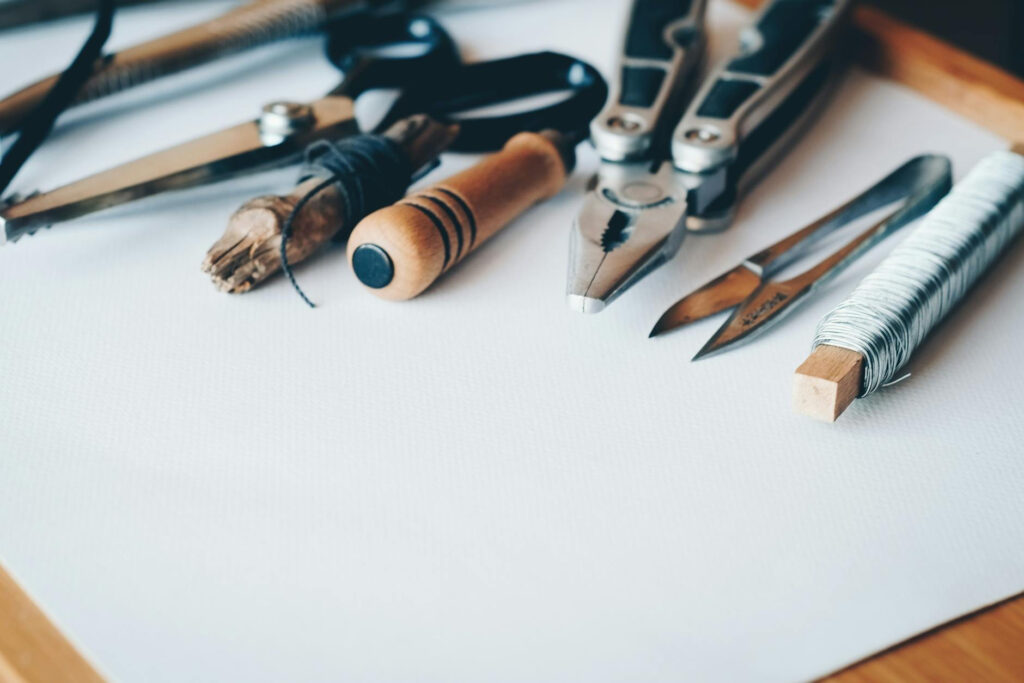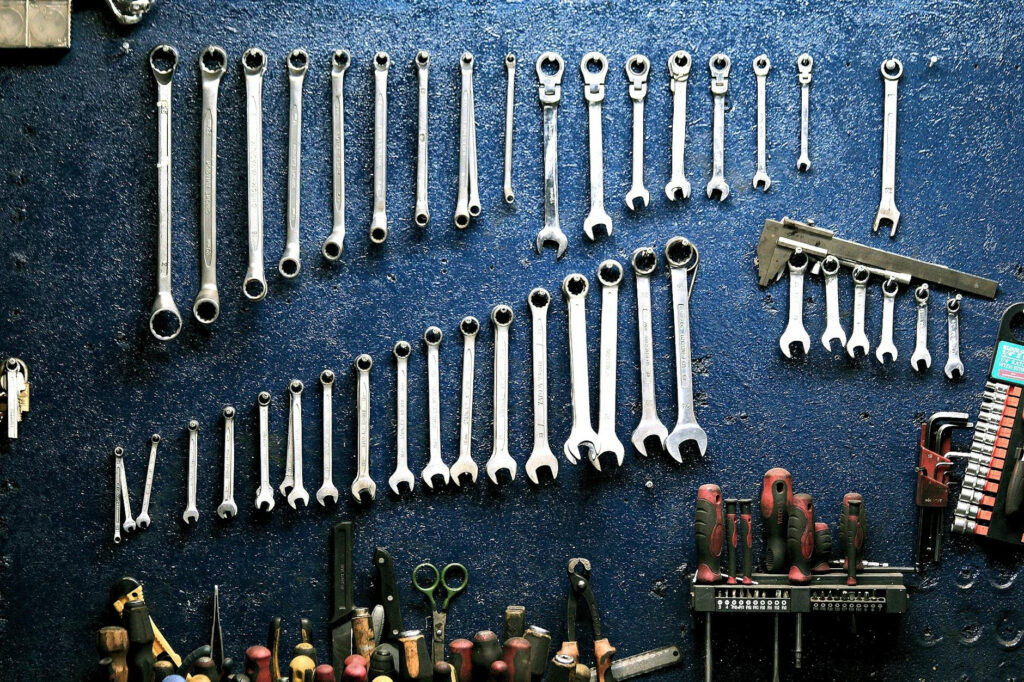
There used to be a time when every homeowner had a special set of skills. The ability to make basic repairs, put up a set of shelves, or wire a plug if the need arose. It was common for most people to have the requisite knowledge to deal with issues in their home and maintain a level of self-sufficiency that is now absent from younger generations.
In the internet age, it is incredibly easy to pick up the phone or open Google and find a whole array of qualified plumbers, electricians, and builders to deal with your home repairs. For a small fee you can wash your hands of the problem and let someone take care of it. In many ways, this is a positive. There is plenty of work for skilled tradespeople and you can carry on with your life while they fix your leaky pipes or insulate your loft.
But despite the advantages, something incredibly valuable has been lost. DIY is an amazingly valuable skill that is rapidly falling out of favour. More and more people are getting onto the proper ladder without the most basic home improvement skills that could save them a fortune. Certain repair jobs are extremely easy to learn, and there are so many great resources out there to teach you.
Knowing some DIY, as well as being a useful skill, is also character building. It will make you self-sufficient and confident around the home. It trains you to step up when things go wrong, and troubleshoot solutions to any problem that arises.
But how can you get started with DIY? If you don’t know your keyclamp from your press valve, there is no need to lose hope. The following tips will help you go from zero to hero, turning you into a fully-formed DIY expert. You’ll be building wardrobes and bleeding radiators in no time. Let’s get started.
Get the right tools

There are millions of tools out there, each with their own particular function and purpose. You don’t need to spend a fortune getting every last one, but it is a good idea to invest in a few key items. Head down to your local hardware store and speak to a member of staff to ask them for recommendations. The exact equipment you need will depend on the job that needs doing, and you will find that you acquire more tools over time. But when you are just starting out, things like adjustable screwdrivers, hammers, tape measures, and spanners are crucial.
It’s not essential to buy the most expensive item, but it’s important to note that the cheapest tools may not be the best quality. It’s always better to spend a little more on a durable product that will last you many years.
Talk to others
Everyone knows somebody who is amazing at DIY. The kind of person that always seems to be building a shed or landscaping their garden. These individuals can be an amazing font of home improvement knowledge, so it’s worth sitting down with them to pick their brains. DIY experts are generally pretty happy to talk about their passion, so they will surely have no hesitation in talking to you about the best tools or techniques for home maintenance.
Whenever you’re in the middle of a job and not sure how to proceed, give your handy friend a call and ask them for some advice.
Use YouTube
The video streaming platform YouTube is one of the most valuable resources out there. It contains an unbelievable wealth of information on any topic you can imagine. Whatever job in your home needs completing, you can guarantee there are a number of videos from experts walking you through that exact task.
Before using a YouTube video to improve your DIY skills, just make sure it is from a reputable source. There are plenty of high-quality DIY channels out there. Here are some of the best.
Take a course
Building your DIY skills takes a lot of time, but there are ways to speed up the process. Taking a home improvement course can transform you from an amateur to a pro in a matter of days. There are plenty of workshops and classes out there designed to teach novices basic home repairs. And there are even those that specialise in certain areas like electrics or plumbing. For best results, go for a face-to-face course where you can try out different techniques and tools. But if you don’t have the time, there are also several excellent online workshops. Find the course that best suits your needs.
Start slow
If you have no DIY experience, there’s no use in trying to build your own home extension right off the bat. If you’re too ambitious, you could make costly mistakes that may necessitate further repairs. Instead, start small and hone your skills slowly. Small jobs can give you the essential practice you need to become more comfortable and confident in your abilities.
Put up a set of shelves, hang a painting, or fix a broken appliance with the help of a YouTube video. Over time, you will become more adept and capable of bigger things. Just be patient and take it one step at a time.
Learn from your mistakes
DIY is not easy, and even the experts make mistakes from time to time. Just be aware that it will happen to you at some point, and try not to be disheartened by your errors. Use them as learning opportunities to fix your flaws and improve your knowledge.
In summary, there are many ways to improve your skills when it comes to DIY. Follow these tips and make use of the resources listed, and you will soon find yourself becoming much more competent and capable around the house. You’ll be starting new projects and dealing with any issues that arise without thinking. Over time this will save you a great deal of money, as you’ll only need to call in an expert for the really big jobs. Good luck on your DIY journey!
Last Updated on Friday, May 2, 2025 by Lavania Oluban
